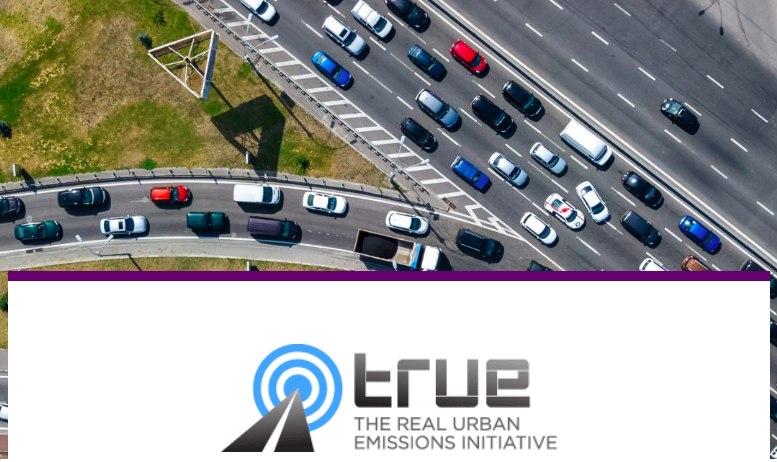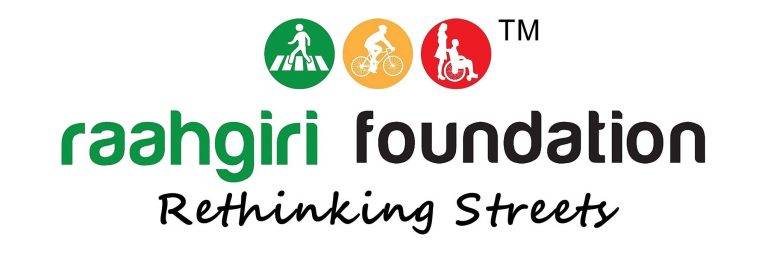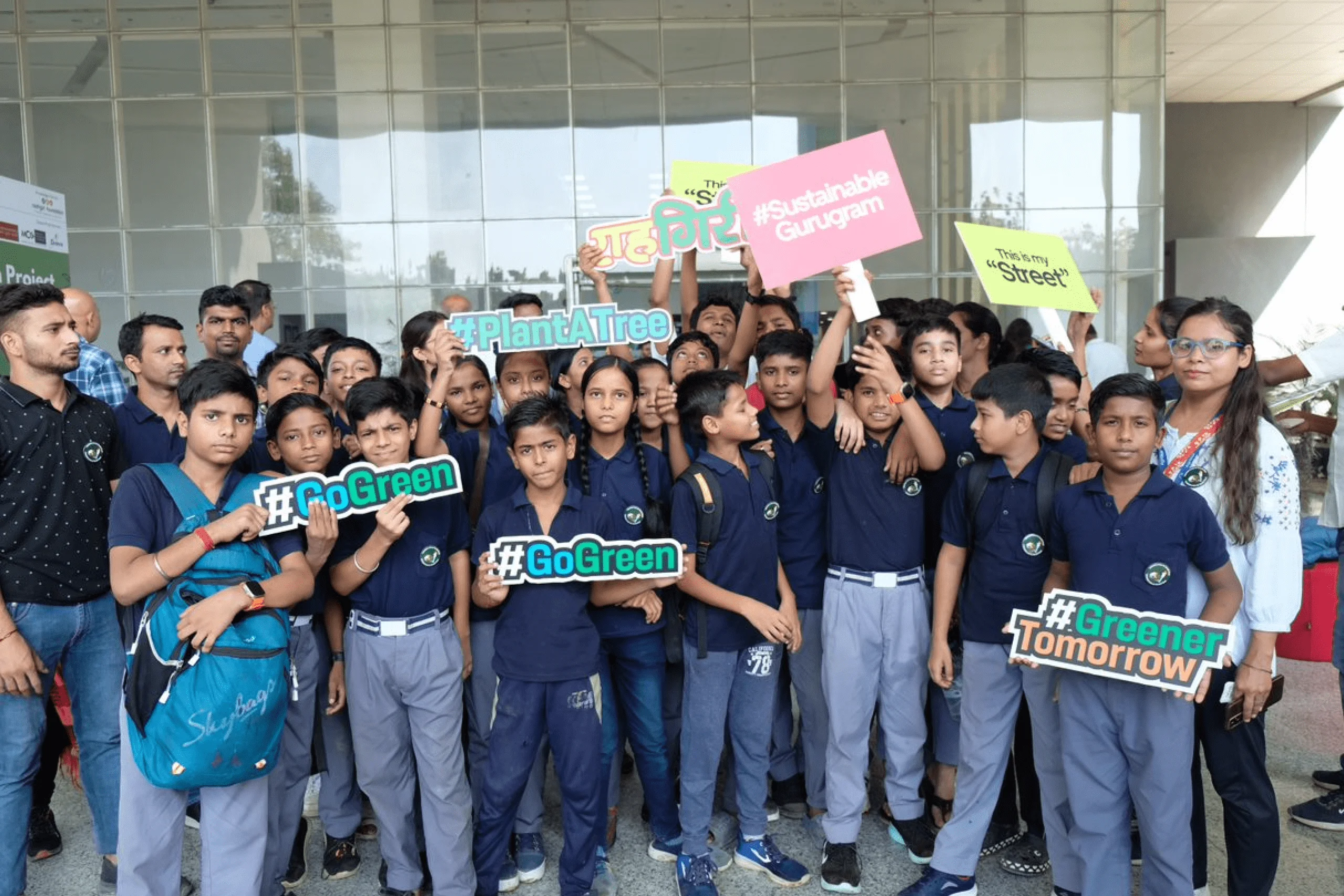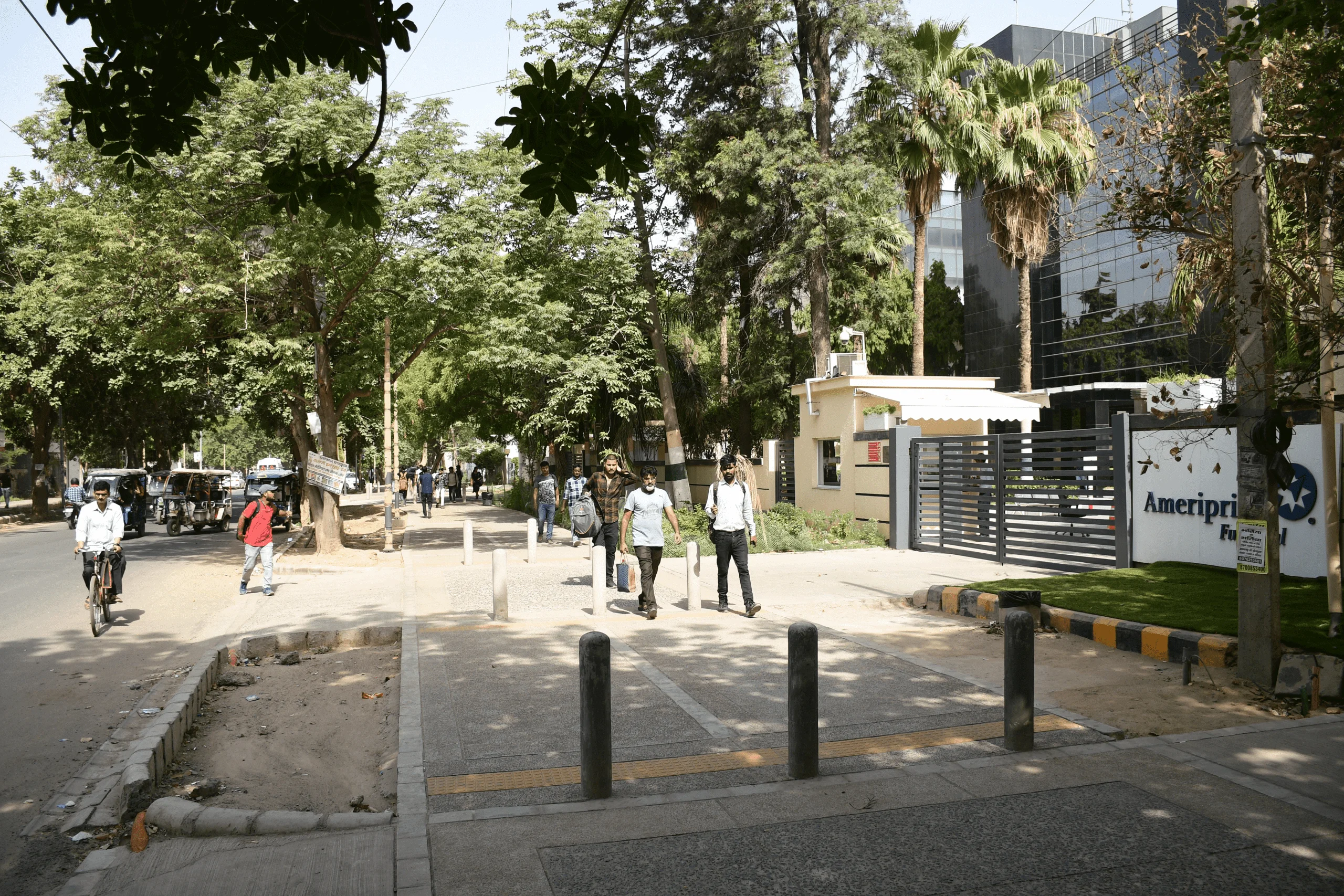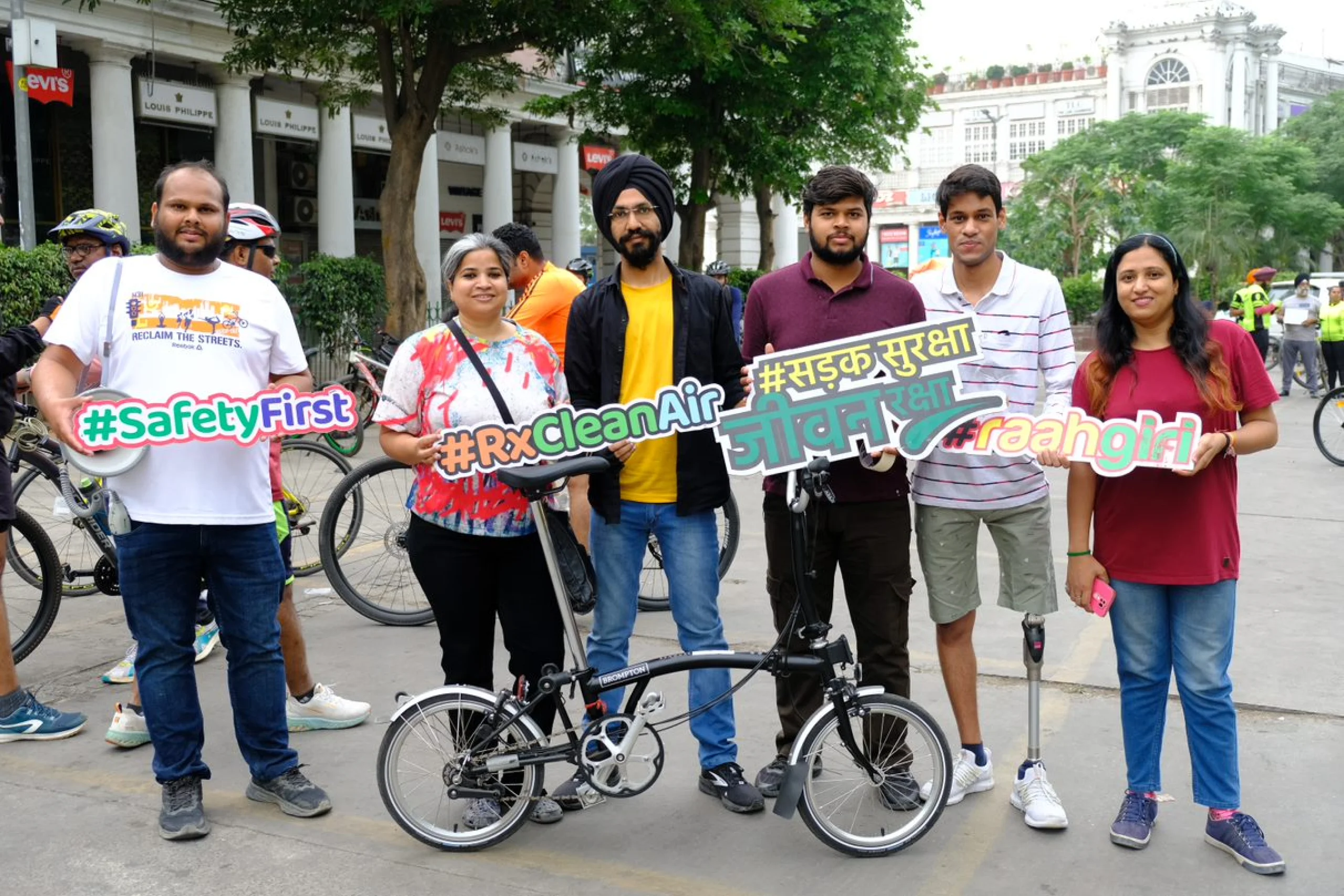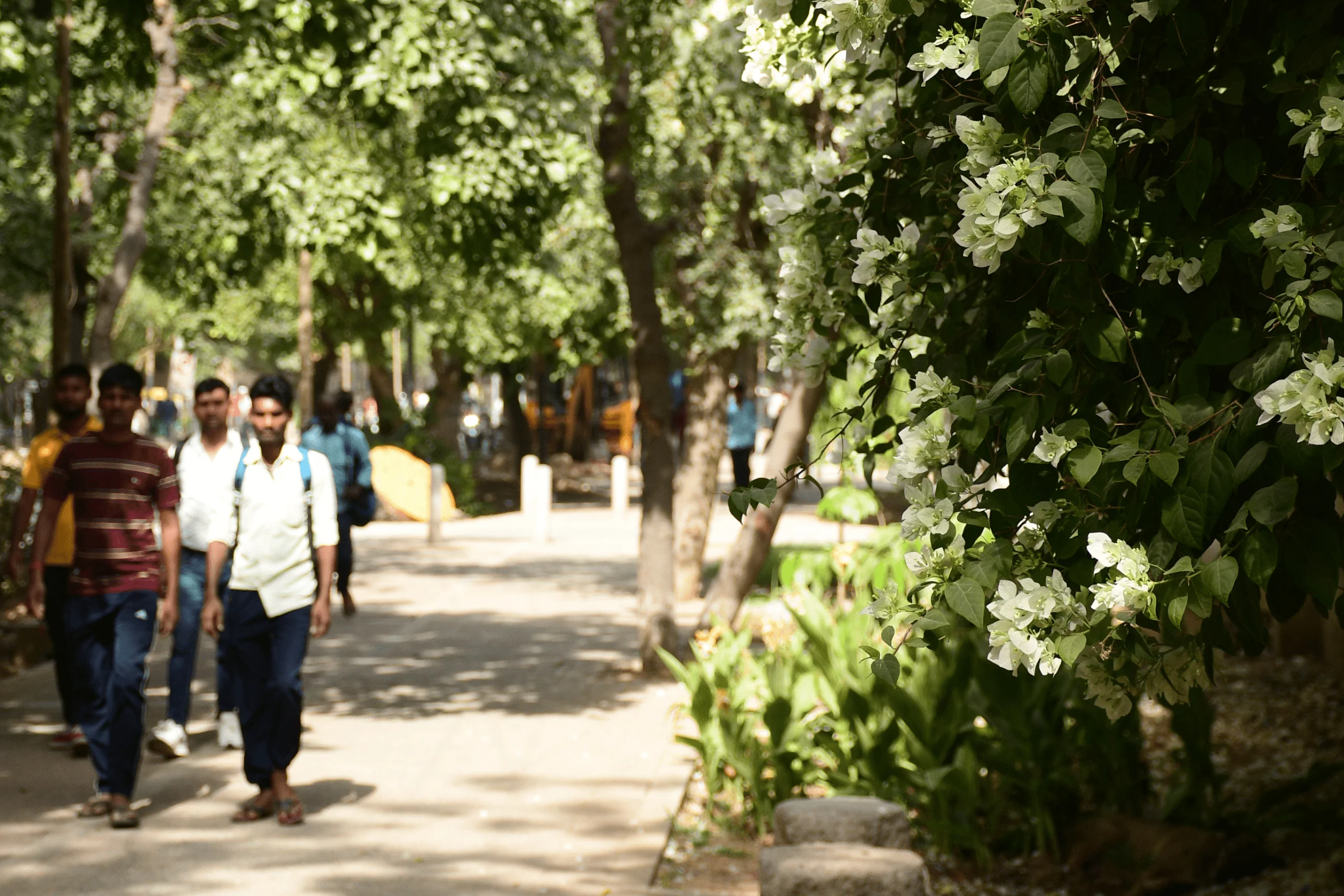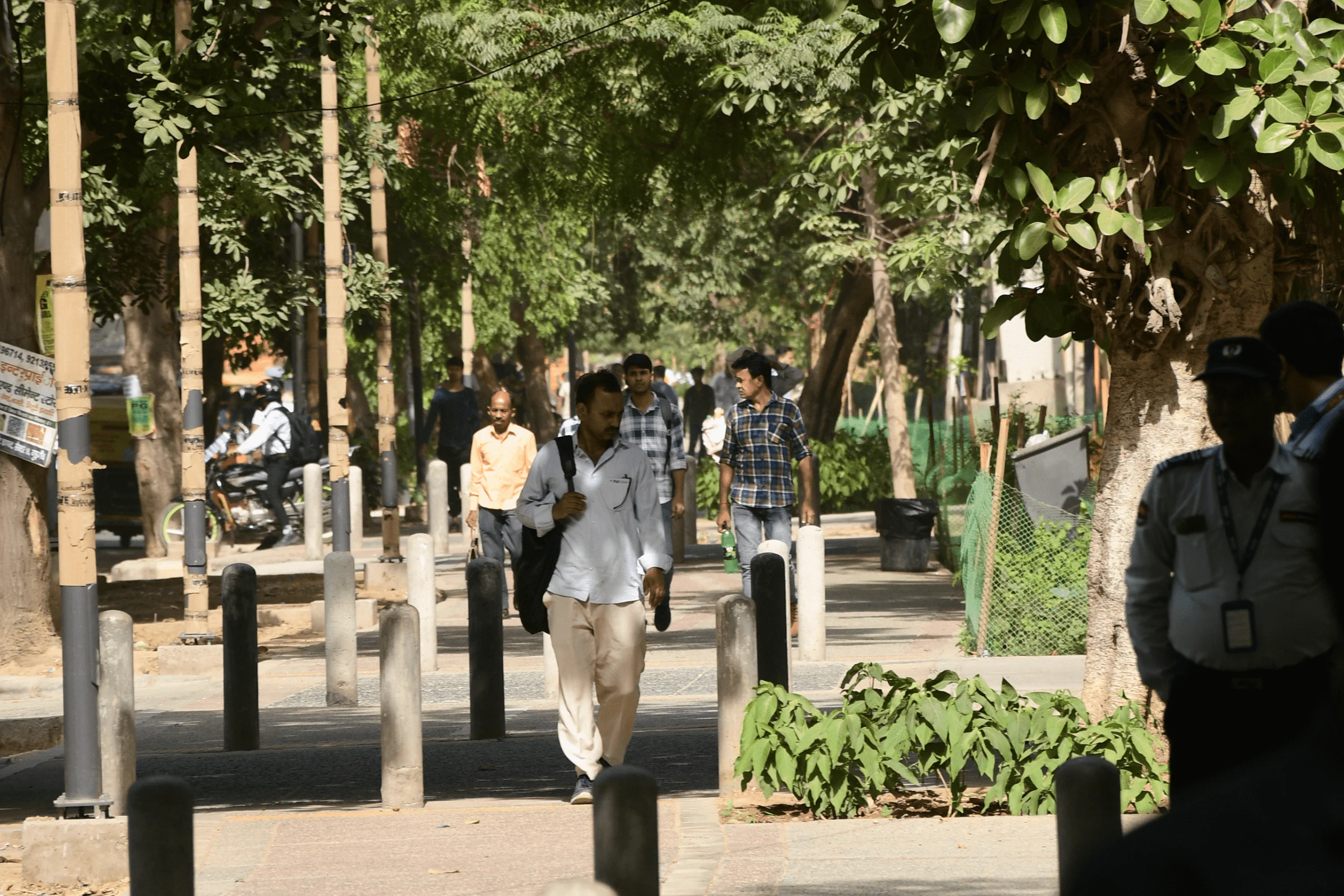Low-emission zones (LEZs) are emerging as a powerful tool in the fight against urban air pollution, particularly in rapidly developing countries like India. These designated areas restrict access to high-polluting vehicles, promoting the use of cleaner transportation options such as electric vehicles, hybrids, and public transit.
By enforcing stricter emission standards, LEZs aim to significantly reduce harmful pollutants like nitrogen dioxide (NO2) and particulate matter (PM10), which are major contributors to respiratory issues and other health problems. As Indian cities grapple with some of the world’s worst air quality, largely due to vehicular emissions, implementing LEZs offers a promising solution to improve public health, encourage sustainable transport, and drive innovation in green automotive technologies.
Raahgiri Foundation is at the forefront of this movement, advocating for a multi-pronged approach that includes promoting electric vehicles, enhancing public transportation infrastructure, and creating pedestrian-friendly zones.
Panchkula
Road safety, Traffic Management and Crash Prevention – Panchkula
The collaborative efforts undertaken in Panchkula, along with Raahgiri Foundation, the International Council on Clean Transportation (ICCT), the Panchkula Police, and the Municipal Corporation Panchkula (MCP), have led to significant advancements in road safety, crash investigation, traffic management, and community awareness.
Below is a detailed account of the key initiatives:
- Capacity Building of Police for Crash Investigation
- Tactical Urbanism and Traffic Management with Traffic Police
- District Road Safety Meeting
- Crash Data Analysis and Blackspot Identification
- Collaboration with MCP for LEZ and Road Safety
- Capacity Building of PWD Engineers for Road Safety Audits
- Enforcement Planning and Setting up CCTV for Enforcement
- Awareness Campaigns for Road Safety
- Supporting Police in Procuring Traffic Management Devices
- Work on Emergency Care in Panchkula
- Award of Honour from DGP, Haryana
Through capacity building, data-driven approaches, and public engagement, these initiatives have created a safer road environment in Panchkula, serving as a model for other districts.
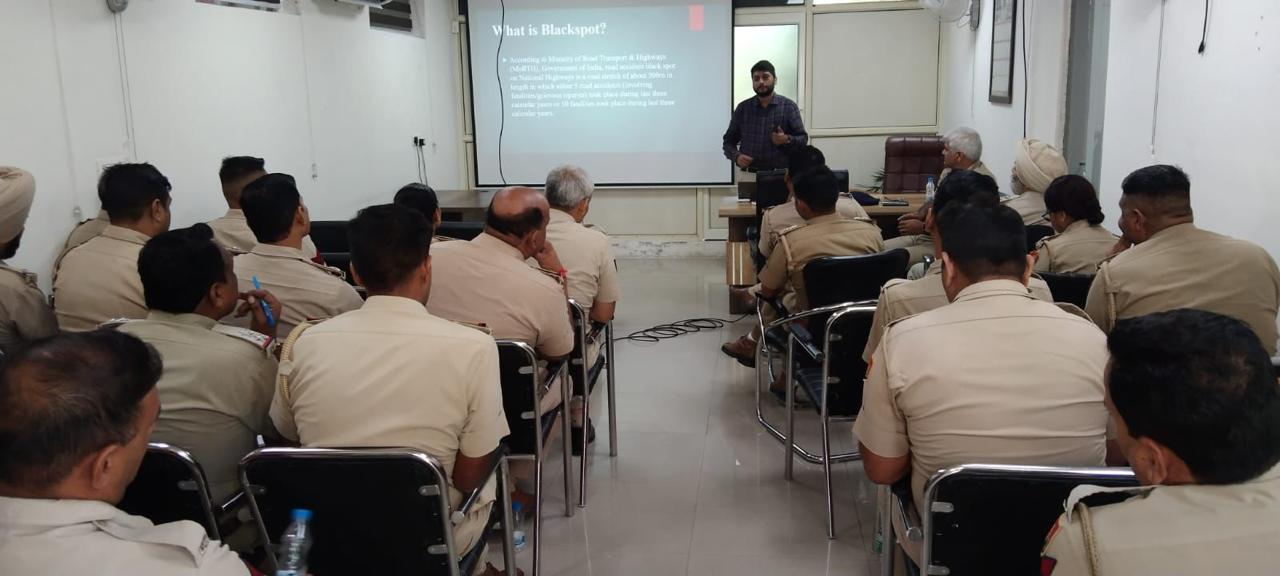
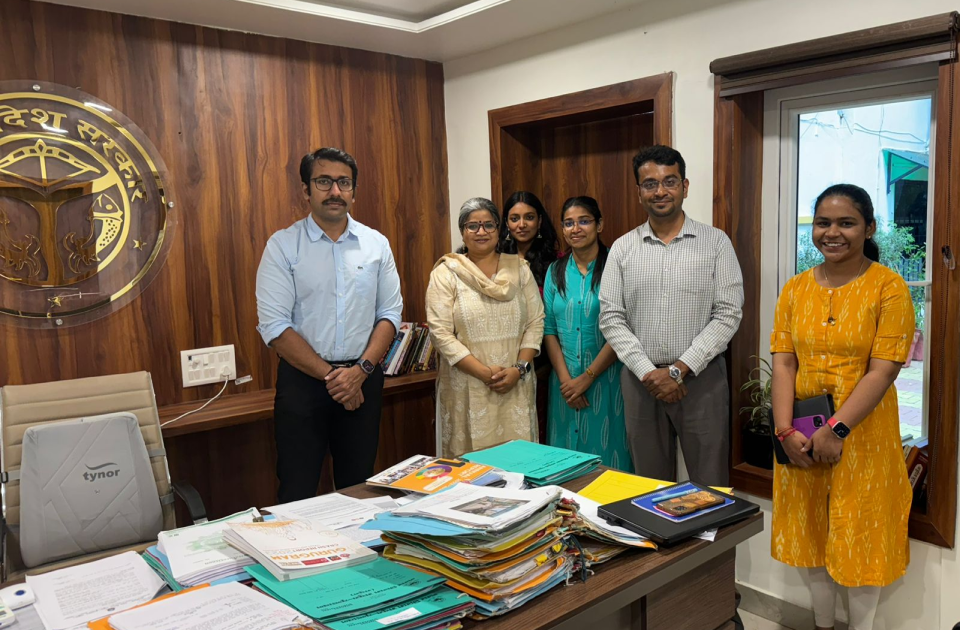
Low Emission Zone - Varanasi and Mathura
The three cities – Varanasi, Vrindavan and Mathura, renowned for their cultural and social richness, rely on tourism as one of the main sources of income. This program aims to provide sustainable transportation options in tourism-rich zones, particularly by promoting electric vehicle (EV) adoption to reduce air and noise pollution and preserve the cities’ heritage. By aligning with the Uttar Pradesh EV Policy 2022, the initiative seeks to enhance the policy’s effectiveness and encourage widespread EV usage. Additionally, the program envisions creating pedestrian-friendly pathways and dedicated cycling lanes to promote walking and cycling as primary modes of transport. Establishing low emission zones at key tourist attractions will further protect these areas from pollution, ensuring a cleaner and more enjoyable environment for both residents and visitors. This holistic approach not only enhances the quality of life for locals but also attracts eco-conscious tourists, boosting the local economy.

True Emission Study
In collaboration with authorities in Delhi and Gurugram, Raahgiri Foundation supported the TRUE Initiative and the ICCT, which led analysis on this project, conducted emissions testing of on-road vehicles with non-intrusive remote sensing technology. This resulting study offers insights into real-world tailpipe emissions from vehicles and supports evidence-based policymaking to reduce vehicle pollution.
